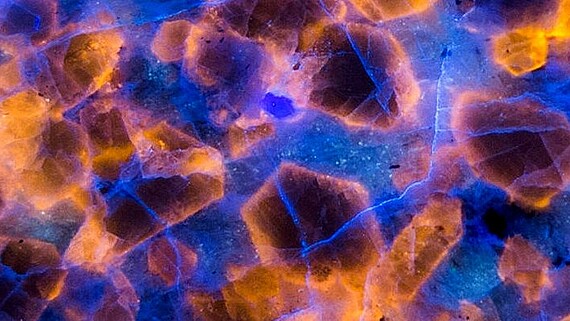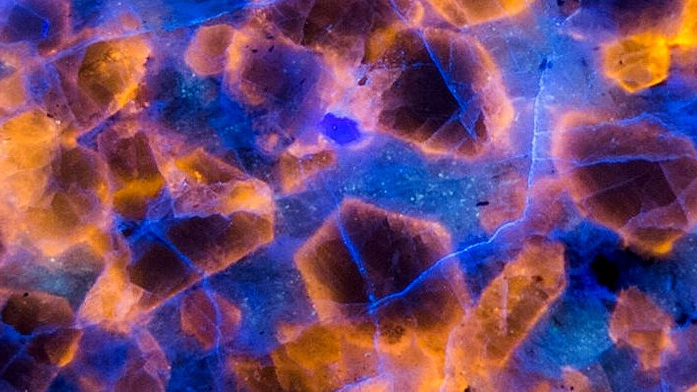Research Mineralogy Section
 ©
Teresa Zahoransky
©
Teresa Zahoransky
Traditionally, mineralogy covers the study of minerals and crystals that compose the Earth's rocks. Today, it is a comprehensive natural science that bridges the gap between the geosciences and environmental sciences and physics, chemistry and materials science. We analyse the formation of minerals, their chemical and physical properties and their role in material cycles in and on the earth. Mineralogy thus provides access to a better understanding of important geochemical and large-scale tectonic processes, such as the formation and development of continents, volcanism, the formation of raw materials, weathering and erosion of land masses and the consequences of climate change.
Modern materials science
Mineralogical research calls for flexibility and creativity: geoscientists like to develop a distinct sense of imagination for method development in their materials science research into global and local processes. This inevitably leads to the invention of new materials and methods for science, technology and everyday use.
Modern methods and laboratories allow us to improve our understanding of various processes in the Earth's inner workings. Our goal is to provide the most accurate physical measurements possible of processes that take place in the earth. These include:
- the chemical and isotope geochemical composition of rocks and minerals, and the simulation of their formation in laboratory experiments
- the crystal structure of geomaterials
- the duration of processes in the earth
- the measurement of material cycles in and on the Earth













